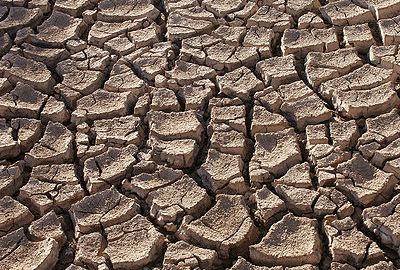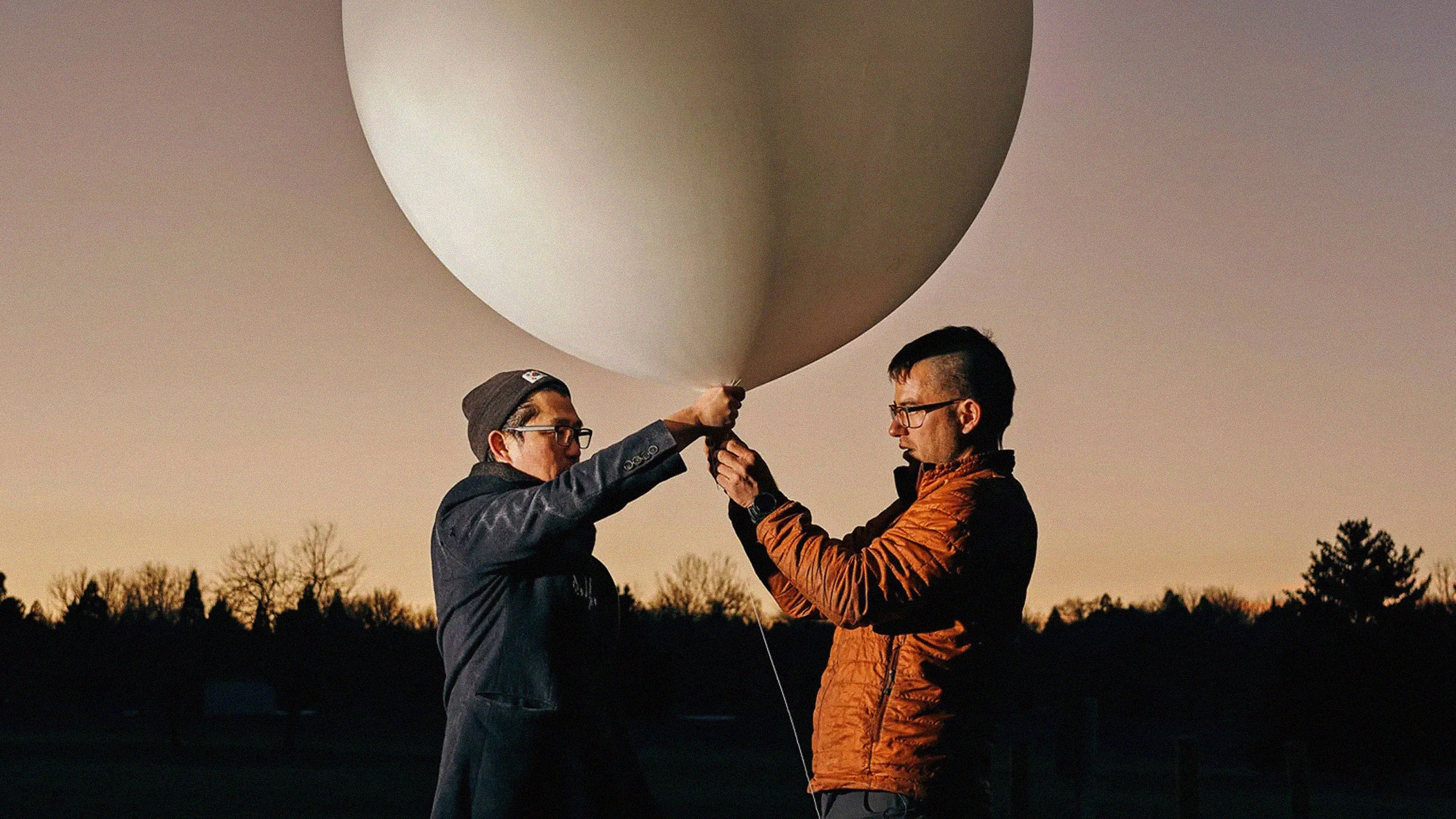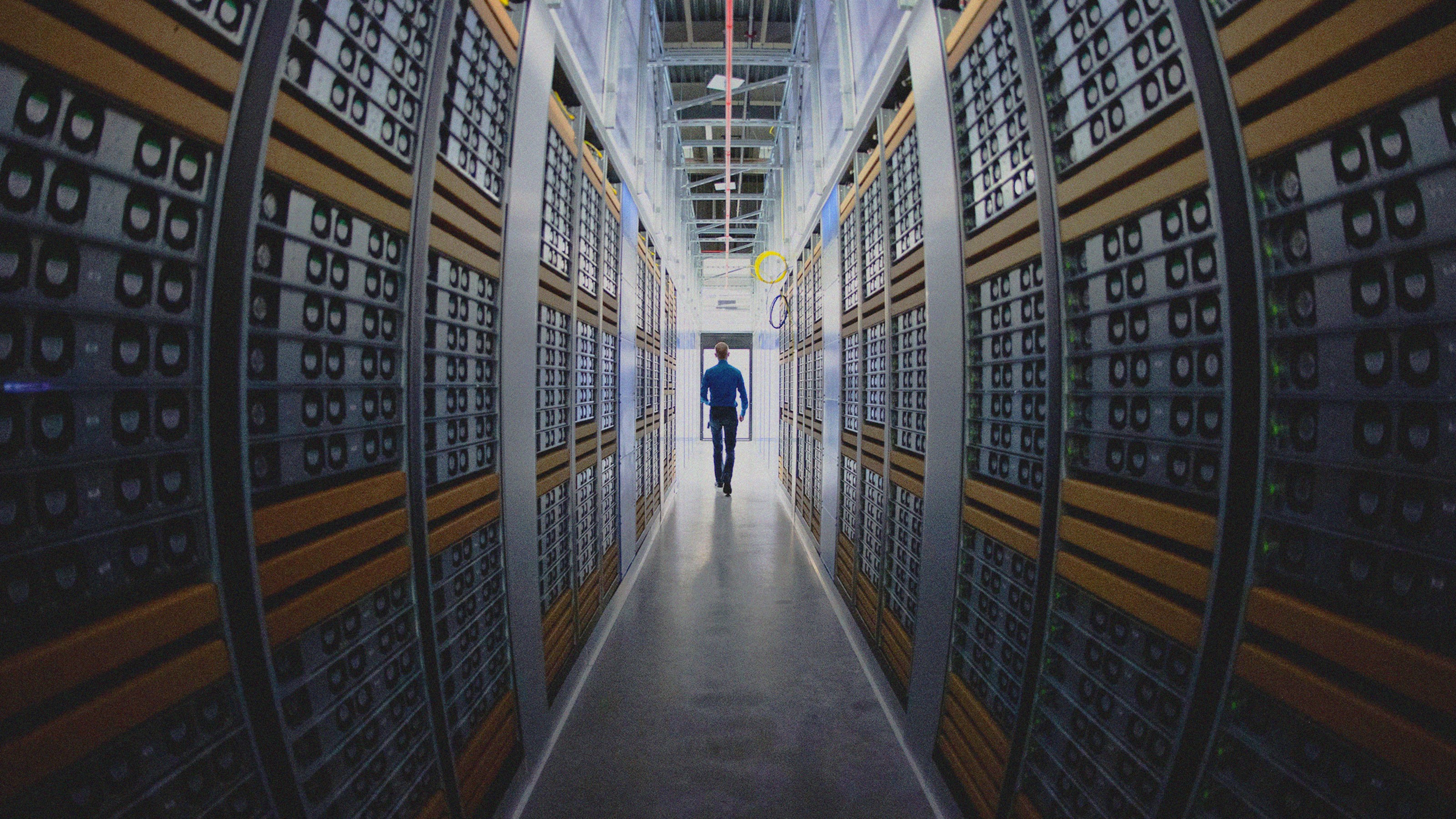The “Green FDR” Makes His Case

As part of the lead up to the Climate Change Conference in Copenhagen in December, President Obama told the United Nations on Tuesday that the if world does not move quickly to reverse the effects of global climate change, “we risk consigning future generations to irreversible catastrophe.” Nor is it all talk. As Joseph Romm has written, Obama moved quickly when he came into office to change the course of our environmental policy. Now behind the scenes his aides are pushing to revive climate change legislation that has stalled in the Senate.
For all the efforts to dismiss global warming as a hoax—Sen. James Inhofe (R-OK) once famously called the idea “the greatest hoax ever perpetrated on the American people”—there is very little doubt left in the scientific community that human activity is causing the planet to warm dangerously. While there are serious questions about how to deal with the problem, the risks of failing to act include widespread shortages of water and food, huge numbers of people displaced from low-lying coastal areas, and mass extinctions as species are unable to adapt to rapidly changing climates. Energy Secretary—and Nobel prize winning physicist—Steven Chu points out, for example, that if the Sierra snowpack melts, it might mean the end of agriculture in California. We’re looking, he says, at “a real economic disaster for our children.”
Without a strong U.S. commitment to limiting carbon emissions, there’s not likely any meaningful progress in Copenhagen. The U.S. has historically been the largest source of atmospheric carbon, and still emits around 25% of the world’s greenhouse gases. And since it is wealthier and more technologically advanced than developing countries like China and India, it can more easily afford to switch to cleaner energy. As Todd Stern, the State Department’s special envoy for climate change told Congress, “Nothing the U.S. can do is more important for the international negotiation process than passing robust, comprehensive, clean energy legislation as soon as possible.”
But the truth is that taking action will be expensive. And although the fact that China’s President Hu Jintao pledged in his speech to take concrete action removes one of our main excuses for not acting, Congress is still unlikely to pass meaningful legislation unless it is under public pressure to do so. And so far it isn’t under much pressure. On Monday a number of environmental groups tried to turn up the heat by organizing rallies around the world calling for action. But the rallies were so small they got almost no media attention. Until members of Congress really begin to fear for their jobs—and people begin to worry more about the environment than about the economy—there will only be so much Obama will be able to do.





